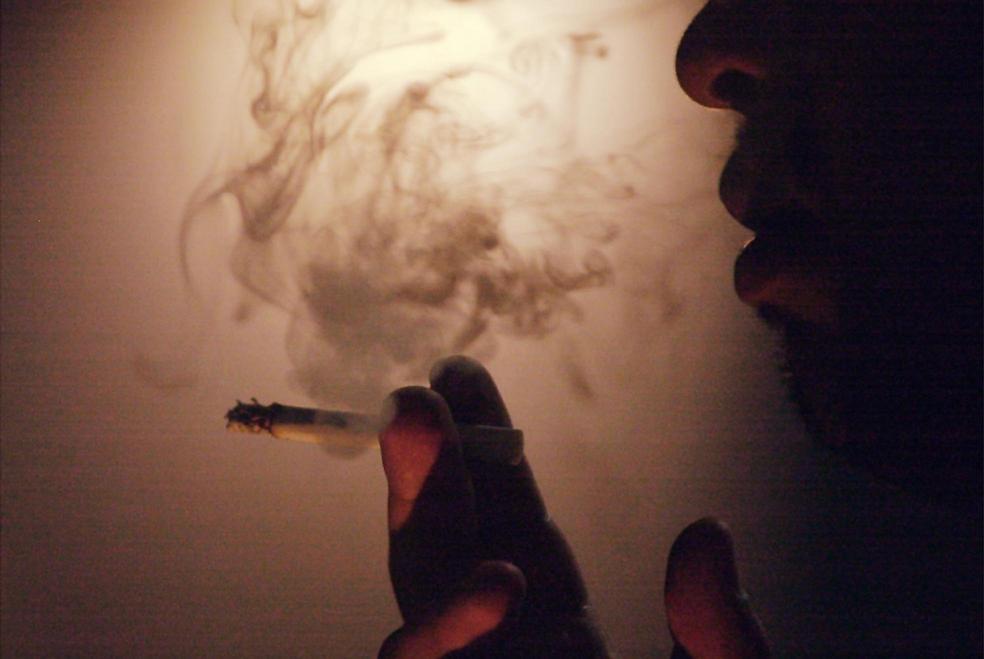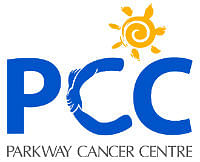Content provided by Parkway Cancer Centre
Lung cancer: What you need to know
Sign up now: Get ST's newsletters delivered to your inbox

ST FILE PHOTO
Follow topic:

Screening, in selected high-risk groups, can pick up early stage lung cancer
Symptoms of lung cancer include a persistent cough, shortness of breath, constant chest pains, coughing up blood, a hoarse voice, tiredness and unexplained weight loss.
However these symptoms are not unique to lung cancer. And when they occur in lung cancer, often the cancer is already advanced.
Indeed, in the early stages, symptoms are rare. Prevention remains the key public health step to reducing lung cancer deaths, as up to 90 per cent are smoking-related.
Early detection is another possible intervention. For non-small cell lung cancer, 60 per cent of Stage 1 patients are alive five years from diagnosis, as compared to around 5 per cent for Stage 4 disease.
There has been much discussion over the years about whether to screen for lung cancer. And, if so, which test to use, and who to focus attention on. One important study was the United States' National Lung Screening Trial (NLST), which compared the efficacy of chest X-rays against low-dose CT scans of the chest.
Participants were aged 55 to 74 years of age, with a history of at least 30 pack-years of smoking (e.g. smoked 1 pack a day for 30 years, or 2 packs a day for 15 years, and so on). The study included current smokers and those who had quit within the past 15 years, so long as they met the age and smoking exposure criteria.
The NLST found that low-dose CT screening reduced the risk of death in patients with a heavy smoking history, by about 74 deaths per 100,000 person-years (the difference between a normal CT scan and a low-dose one is that the latter uses a lower dose of radiation).
Lung cancer can be cured
Thanks to early detection and surgery, some patients with early stage lung cancer can be cured.
If the tumour can be readily removed, surgery is the recommended course of action. With modern minimally invasive surgical techniques, many patients can avoid having a long scar.
For intermediate stage lung cancers, a combination of chemotherapy and radiotherapy can be used to aim for cure.
Chemotherapy, targeted therapy and immunotherapy
For advanced lung cancer that is not amenable to cure, chemotherapy used to be the only option.
Today, things have changed. There are many targeted therapies available. For patients whose lung cancers have a sensitive mutation in EGFR (i.e. the Epidermal Growth Factor Receptor mutation is stimulating the cancer's growth), targeted therapy against EGFR can achieve good responses and disease control for a time.
Drugs such as gefitinib (Iressa), erlotinib (Tarceva) and afatinib (Gilotrif) have been around for some time, with newer EGFR targeted medications on the horizon. Likewise for patients with mutations in ALK, who can receive crizotinib (Xalkori) or ceritinib (Zykadia).
Some treatments target the blood vessels supplying nutrition to the cancer. These are called angiogenesis inhibitors, such as bevacizumab (Avastin). There are studies showing that chemotherapy can be more effective when combined with bevacizumab, in certain instances.
Immunotherapy: the new frontier
For many years it was a mystery as to why the body's immune system did not attack cancer cells, since they are different from healthy cells.
In recent years scientists have discovered that cancer cells can hide from the immune system, using a "camouflage" technique to deflect the attention of immune cells.
We now have treatments which target and disable the "camouflage", thus making the cancer cells vulnerable to the patient's own immune system. These include drugs such as pembrolizumab (Keytruda) and nivolumab (Opdivo).
Not every patient will respond to immunotherapy, but there have been cases where the cancer came under control for an extended duration.
Over the next few years, we expect that scientists will help us better predict which cancers will respond best to immunotherapy, and better understand which patients are the best candidates for these new treatments.
Find out more about cancer and how to fight it on ST's Fighting Cancer microsite.

